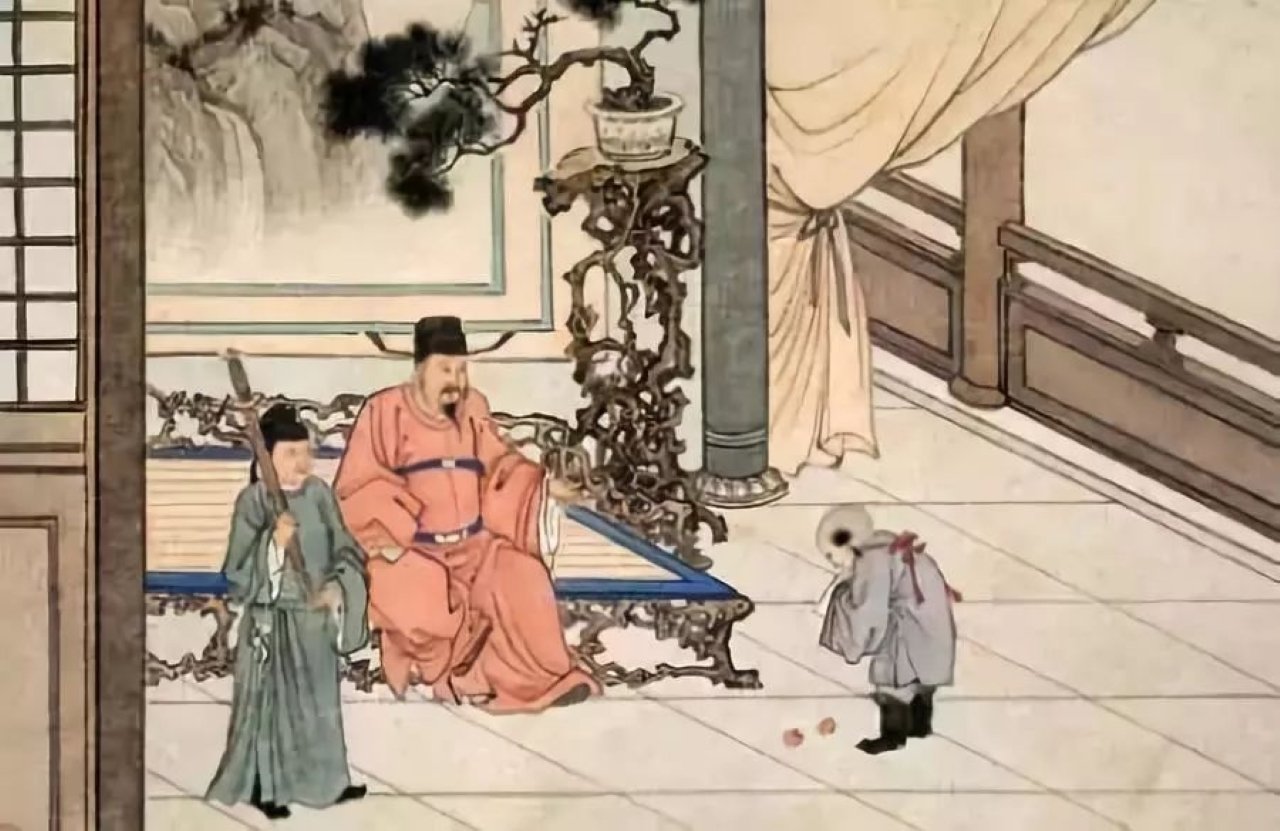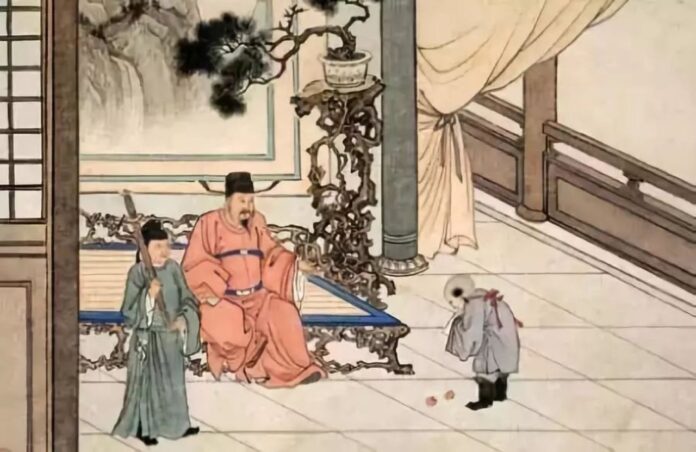Family Education on Self-Cultivation
The ancients believed that: “Self-cultivation leads to a well-managed family, a well-managed family leads to a well-governed state, and a well-governed state leads to a peaceful world”.
This is because “The foundation of the world lies in the state, the foundation of the state lies in the family, and the foundation of the family lies within the individual”.
Ancient wisdom held that educating children was a crucial responsibility of parents. It was understood that raising children without teaching them was not only harmful to oneself but also to others and, more importantly, to the nation.
A renowned Confucian scholar, Fang Xiaoru, once said: “To love your children but not educate them is, in essence, not to love them; to educate them without imparting morality is not truly educating them”.
These ancient beliefs remain profoundly relevant in today’s society.

The ancients viewed child education as a critical responsibility of parents, believing that raising children required teaching and discipline… (Illustrative image)
Emphasizing the Importance of Establishing Ambition
Ancient parenting placed significant emphasis on cultivating far-reaching ambition and instilling the values of integrity.
There’s a saying: “One who lacks ambition will amount to nothing.”
Nhan Zi Cui asserted: “An ambitious person can forge a successful path, while one without ambition or direction will find their resolve and spirit waning; they are but ordinary.”
The ancients not only emphasized the importance of ambition but also provided guidance on how to establish it effectively.
If a child strives to become a noble person, they need not worry about whether they will attain an official position or not, as people will naturally respect them. Thus, the first step is to cultivate a noble ambition.
It is evident that the ancients did not overly emphasize the pursuit of official positions but, rather, stressed the importance of understanding morality and, above all, embodying integrity and nobility.
Teaching Children the Value of Frugality and Simplicity
Frugality and simplicity were fundamental tenets of ancient family education, emphasizing the intrinsic value of every garment and grain of rice.
Ancient Chinese family values also revered diligence, thrift, and simplicity, believing that it is easier to transition from thrift to extravagance than the reverse.
Throughout history, many ancient sages have left behind family instructions. Their emphasis on simplicity did not stem from poverty but from their profound understanding that “Success arises from thrift, and failure from extravagance”. They regarded simplicity and thrift as virtues to be cherished throughout life.
Avoiding Indulgence
Ancient parenting prioritized “loving discipline” while opposing “indulgence”. This holds true even today.
Han Feizi once said: “A strict father will not have a rebellious child, while an overly indulgent mother will spoil her child.”
Sima Guang also cautioned: “A mother should not worry about being too gentle but, rather, about loving her child without teaching them.”
Both believed that parental love should be tempered with wisdom and moderation to have a positive influence. “Excessive love leads to overindulgence, and excessive worry leads to hardship”.
Indulging children in this way fosters capriciousness, arrogance, and even waywardness. Thus, the ancients advised: Love them, but do not spoil them.
The saying “A gentle mother raises a wayward child” encapsulates the lesson learned by the ancients, serving as a reminder to modern parents not to spoil their children but, instead, to focus on moral education.



































